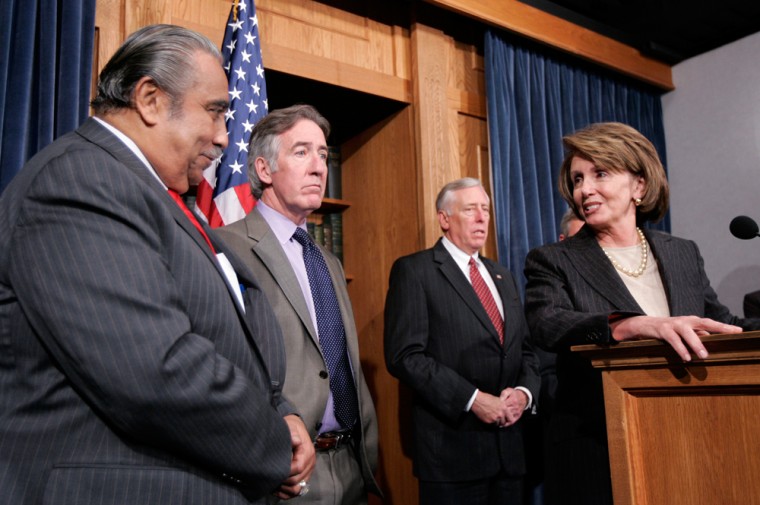House Democrats on Friday pushed through an $80 billion bill to block the spread of a dreaded tax on middle-income people. The White House and Republicans, protesting tax increases in the bill affecting mainly investment fund managers, maintained that it would never become law.
The 216-193 vote to "patch" the alternative minimum tax for a year sends the issue to the Senate, where its prospects are at best uncertain. Not one House Republican voted for it.
What is certain is that if Congress and the White House do not reach a compromise by the end of the year, anywhere from 21 million to 25 million middle-income taxpayers will be hit by the AMT, costing them as much as $2,000 in extra taxes.
Hitting middle-income taxpayers
The AMT was created in 1969 to ensure that a very small number of wealthy people could not use tax breaks or deductions to avoid paying any taxes.
But it was never indexed for inflation, and every year the AMT draws in more middle-income taxpayers. This year some 4 million people were subject to the tax.
Congress has recently responded with annual fixes or patches to limit those affected by the tax while searching for a way to eliminate it. House Ways and Means Committee Chairman Charles Rangel, D-N.Y., last month outlined a plan to repeal the AMT, at a cost of $831 billion over 10 years, but acknowledged that action on his proposal is a long way off.
Friday's bill would extend AMT relief for one year, at a cost of about $51 billion. It includes another $30 billion in largely popular tax relief measures, including expanding the child tax credit, providing a property tax deduction to some 30 million families and extending a tax exemption for the combat pay of military personnel.
It extends several dozen targeted tax breaks due to expire at the end of the year, including a deduction for college tuition, a deduction for teachers' out-of-pocket expenses and deductions for residents of states that do not have income taxes. Others benefit winemakers, employers of Katrina victims, contributors to charities and state lawmakers.
